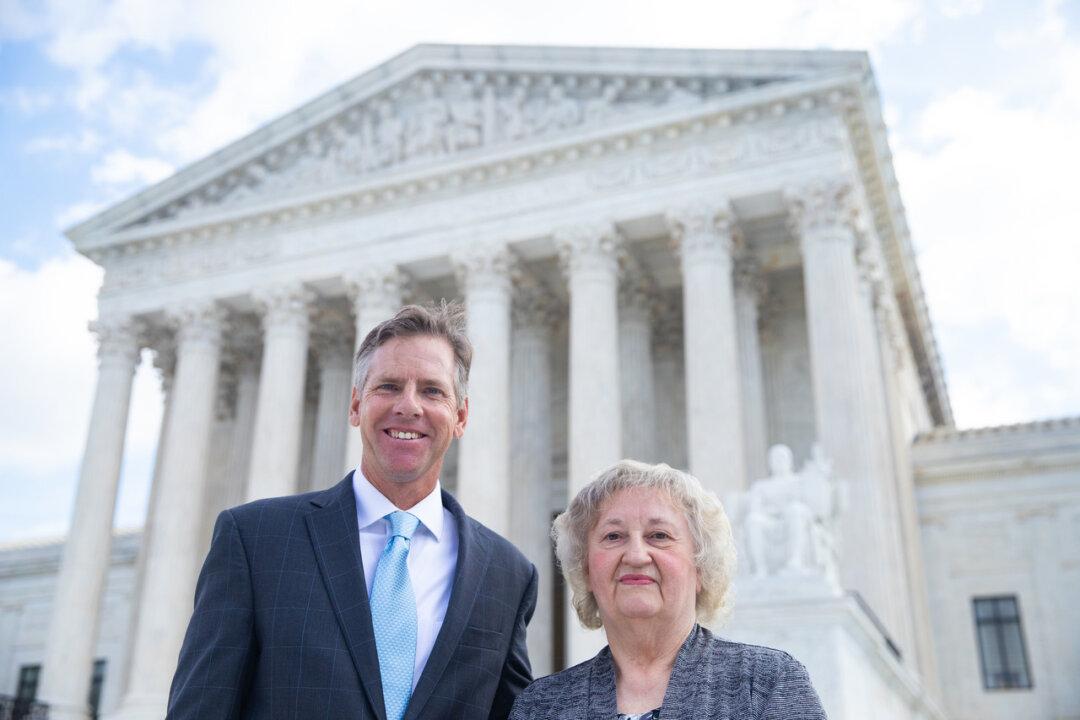A township in rural Pennsylvania claimed a forgotten cemetery existed on a woman’s property and, on that basis, demanded she open her property to the public. She contends this order violates her property rights and sued, seeking the opportunity to have relatively speedy redress through access to federal courts.
The Trump administration and Rose Knick, the Pennsylvania property owner, urged the Supreme Court on Jan. 16 to overturn a 34-year-old legal precedent that forces property owners to seek legal redress in state courts after their property is taken, before filing suit in federal courts.





